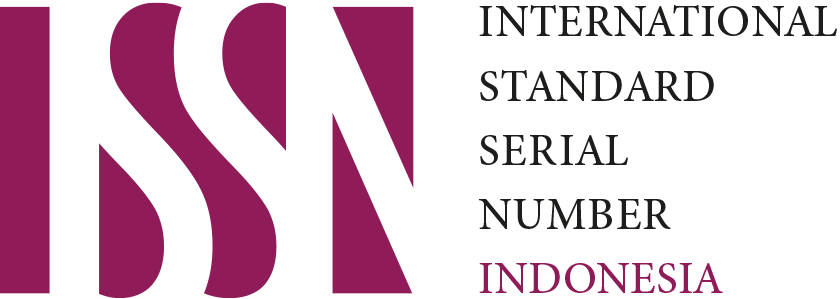Teacher's Perception on The English We Speak Podcast as Learning Media
Abstract
Abstract
Technology is an asset for mankind, a great invention that drives a civilization to be more advanced. Its use is very useful to support human desires and achievements in all aspects. Technology has played an important role without exception, of course we can have a good or bad impact depending on the use of this technology in our lives. In the field of education, the use of technology is an opportunity to advance and rejuvenate children in learning. This study aims to enable teachers or teaching staff out there to consider podcasts as an introductory medium for listening material in English. In this study using descriptive qualitative methods to find the data needed also to find out whether this media has a positive or negative impact on its implementation. This study uses the perceptions of teachers or teaching staff. The teacher is one of the agents of the learning material, of course the teacher will understand better whether a media has a good impact or not in the learning development of their students.
Keywords: podcast, audio digital, learning media.
References
REFERENCES
Cahyati, S. S., Parmawati, A. and Atmawidjaja, N. S. 2019. Optimixing English Teaching AndLearning Process to Young Learners ( A Case Study in Cimahi). Journal of Education Expert (JEE), 2(2), 107-114.
Cester, A., Buntine, A., Hammond, K., and Atkinson, L. 2011. Podcasting in education: students attitudes, Behavior and self-efficacy. Educational Technology & Society, 14(2), 236-247
Criollo-C, Santiago, et al. 2021. “Mobile Learning Technology for education: Benefits and pending issues.”
Creswell, J.W. 2014. Research Design: Qualitative, Quantitative, and Mixed Methods Approaches (4th ed.) Thousand Oaks, CA: Sage.
Drew, C. 2017. Edutaining audio: an exploration of education podcast design possibilities. Educational Media International, 51(1), pp. 48-62.
Gaden, G. 2010. Podcasting: thinking about new opportunities for pedagogy and activism. thirdspace.
Gardiner, P. 2017. Playwriting and Flow: The Interconnection Between Creatifity Engagegement and Skill Development. International Journal of Education and the Arts.
Hutabarat, P. M. 2020. Pengembangan Podcast Sebagai Media Suplemen Pembelajaran Berbasis Digital pada Perguruan Tinggi. Jurnal Sosial Humaniora Terapan, 2(2), pp. 107-116.
Jones, L. A. 2010. Podcasting and performativity: multimodal invention in an advanced writing class. Composition Studies, 38(2), 75-91.
Tarmawan, I. et al. (2021). The Role of Podcast as an Alternative Media for Learning and Distribution of Audio Based Content. UNIKOM.
Moleong, Lexy J. 2009. Metode Penelitian Deskriptif Kualitatif. Bandung Resmaja Rosdakarya.
Neegaard, M., et al. 2009. Qualitative description – The poor cousin of health research. BMC Medical Research Methodology, 9 (52).
Palenque, Stephanie Maher. 2016. The Power of Podcasting: Perspectives on Pedagogy. Grand Canyon University.
Ramdhani, Muhammad Ali and M. Hilmi. 2015. The Criteria of Learning Media Selection for Character Education in Higher Education. In: International Conference of Islamic Education in Southeast Asia, Malang, Indonesia.
Richard, Jack C. (2008). Teaching Listening and Speaking from Theory to Practice. New York: Cambridge University Press.
DOI: https://doi.org/10.24853/elif.5.1.27-38
Refbacks
- There are currently no refbacks.
Abstracting/Indexing |
 |  |  |  |  |
 |  |  |  |  |
 |  |  |  |  |
 |  | |||
English Language in Focus (ELIF) is published by This work is licensed under
|






9.png)
2.png)






